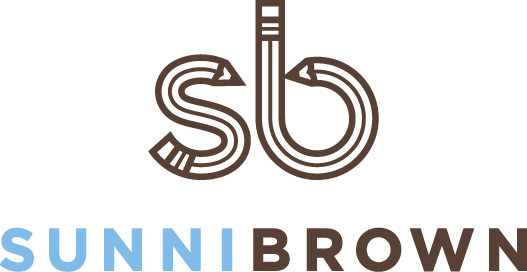
The Doodle Revolutionary’s Manifesto
We, the Doodlers of every nation, in order to form a more perfect world, establish semantic truth, promote whole-minded learning, provide for the struggling knowledge worker and student, enhance educational well-being, and secure the benefits of the Doodle for ourselves and our posterity, do ordain and establish this Manifesto for Doodlers everywhere.
—Set Forth by the Founding Infodoodlers this 14th day of February of the Year 2011
to doodle (modern defn.): to dawdle; to draw something without thinking; to scrawl aimlessly; to make meaningless marks; to do something of little value, substance or import; to do nothing.
FALSE.
Contrary to popular belief, THERE IS NO SUCH THING AS A MINDLESS DOODLE.
The very act of creating a Doodle necessarily engages the mind. Doodling IS thinking, soldiers, it’s just thinking in disguise. This Manifesto, therefore, intends to disrupt society’s myths that—intentionally or otherwise—conspire to keep the Doodle down. We will illuminate the truth about doodling and set the record straight after more than 200 years of misinformation. Because we, the millions of Doodlers around the world and the billions of Doodlers throughout history, know the impressive power of this universal act. And on this day and each day forth, shall the rest of the world know, too. No longer will the Doodle hide in a house of ill repute. No longer will simple visual language be underused and misunderstood. Forevermore, we acknowledge the Doodle as a tool for whole-mind learning and we wield its power deliberately and without restriction, in any learning environment we see fit.
We hold these truths to be self-evident:
That doodling is as native to human beings as are walking and talking;
That human beings have been doodling in the sand, in the snow and on cave walls for over 30,000 years;
That we are neurologically wired with an overwhelmingly visual sensory ability;
That doodling ignites four learning modalities—auditory, linguistic, kinesthetic, and visual—and dramatically enhances the experience of learning;
That doodling promotes concentration and increases information retention by up to 29%;
That doodling supports deep, creative problem solving and innovation;
That doodling has been an ever-present tool, a pre-cursor and a catalyst for the emergence of intellectual breakthroughs in science, technology, medicine, architecture, literature and art;
That doodling is and has been deployed by some of the best and brightest minds in history;
And that doodling lives outside of the elitist realms of high art and design and is a form of expression free and accessible to all.
Because of these realities of the Doodle, we, the Revolutionaries, hereby DECLARE A DOODLE REVOLUTION. We defy the modern definition of doodling and take the definition into our own hands. What we believe to be a fair and just definition of the Doodle is as follows:
to doodle (Revolutionary’s defn.): to make spontaneous marks in order to support thinking; to use simple visual language to engage three learning modalities; to use simple visual language to activate the mind’s eye and support creativity, problem-solving and innovation.
We believe that education around the power of doodling necessarily leads to its enhanced use. So as Revolutionaries, we up the ante of the Doodle and define an even more advanced method of deploying it: Strategic Doodling.
to infodoodle (Revolutionary’s defn.): to intentionally track auditory or text-based content and translate it into words and pictures; to generate text-, shape- and picture-based language to clarify and communicate concepts; to craft and display complex information using a union of words, shapes and pictures.
The practice of infodoodling is for a complex and unpredictable future—one that will warrant knowledge of and proficiency in the construction of visual displays. We believe that the opportunity to learn and practice doodling and infodoodling should be available to all people, so we will no longer tolerate the crippling of our native visual language abilities in order to adhere to antiquated perceptions. We insist that the people be shown the value and the applications of the Doodle and its more sophisticated form, the Infodoodle.
To reach this lofty goal, we first demand that teachers, bosses, and other authority figures cease and desist any suspicion and disapproval that stigmatizes doodling. We assert our belief that doodling is most appropriate where society perceives it as least appropriate: in situations with high information density and high accountability for learning. Today, we liberate the Doodle and elevate it to its proper place in our world. We take up our pens, pencils and felt-tipped markers and deploy doodling—complex and simple—wherever we deem it necessary. We will wield the power of the Doodle and for this, we will not apologize. We will take the Doodle back and then put it to work.
